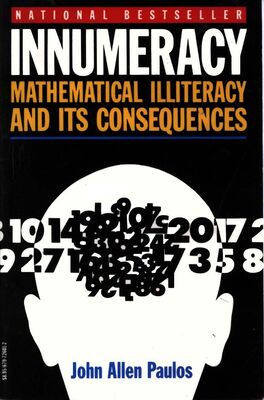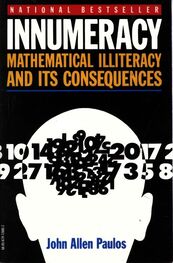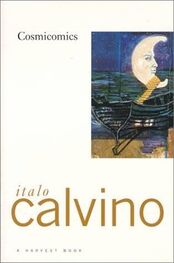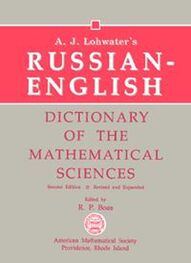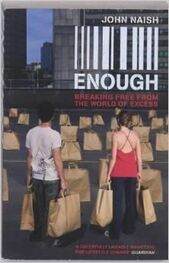For example, when the recent decisions by a number of states to raise the speed limit on certain highways to 65 m.p.h. and not to impose stiffer penalties on drunk driving were challenged by safety groups, they were defended with the patently false assertion that there would be no increase in accident rates, instead of with a frank acknowledgment of economic and political factors which outweighed the likely extra deaths. Dozens of other incidents, many involving the environment and toxic wastes (money vs. lives), could be cited.
They make a mockery of the usual sentiments about the pricelessness of every human life. Human lives are priceless in many ways, but in order to reach reasonable compromises, we must, in effect, place a finite economic value on them. Too often when we do this, however, we make a lot of pious noises to mask how low that value is. I'd prefer less false piety and a considerably higher economic value placed on human lives. Ideally, this value should be infinite, but when it can't be, let's hold the saccharine sentiments. If we're not keenly aware of the choices we're making, we're not likely to work for better ones.
Close
We sail within a vast sphere, ever drifting in uncertainty, driven from end to end.-Pascal
A man is a small thing, and the night is very large and full of wonders. -Lord Dunsany
Probability enters our lives in a number of different ways. The first route is often through randomizing devices such as dice, cards, and roulette wheels. Later we become aware that births, deaths, accidents, economic and even intimate transactions all admit of statistical descriptions. Next we come to realize that any sufficiently complex phenomenon, even if it's completely deterministic, will often be amenable only to probabilistic simulation. Finally, we learn from quantum mechanics that the most fundamental microphysical processes are probabilistic in nature.
Not surprisingly, then, an appreciation for probability takes a long time to develop. In fact, giving due weight to the fortuitous nature of the world is, I think, a mark of maturity and balance. Zealots, true believers, fanatics, and fundamentalists of all types seldom hold any truck with anything as wishy-washy as probability. May they all burn in hell for 10 10years (just kidding), or be forced to take a course in probability theory.
In an increasingly complex world full of senseless coincidence, what's required in many situations is not more facts-we're inundated already-but a better command of known facts, and for this a course in probability is invaluable. Statistical tests and confidence intervals, the difference between cause and correlation, conditional probability, independence, and the multiplication principle, the art of estimating and the design of experiments, the notion of expected value and of a probability distribution, as well as the most common examples and counter-examples of all of the above, should be much more widely known. Probability, like logic, is not just for mathematicians anymore. It permeates our lives.
At least part of the motivation for any book is anger, and this book is no exception. I'm distressed by a society which depends so completely on mathematics and science and yet seems so indifferent to the innumeracy and scientific illiteracy of so many of its citizens; with a military that spends more than one quarter of a trillion dollars each year on ever smarter weapons for ever more poorly educated soldiers; and with the media, which invariably become obsessed with this hostage on an airliner, or that baby who has fallen into a well, and seem insufficiently passionate when it comes to addressing problems such as urban crime, environmental deterioration, or poverty.
I'm pained as well at the sham romanticism inherent in the trite phrase "coldly rational" (as if "warmly rational" were some kind of oxymoron); at the rampant silliness of astrology, parapsychology, and other pseudosciences; and at the belief that mathematics is an esoteric discipline with little relation or connection to the "real" world.
Still, irritation with these matters was only part of my incentive. The discrepancies between our pretensions and reality are usually quite extensive, and since number and chance are among our ultimate reality principles, those who possess a keen grasp of these notions may see these discrepancies and incongruities with greater clarity and thus more easily become subject to feelings of absurdity. I think there's something of the divine in these feelings of our absurdity, and they should be cherished, not avoided. They provide perspective on our puny yet exalted position in the world, and are what distinguish us from rats. Anything which permanently dulls us to them is to be opposed, innumeracy included. The desire to arouse a sense of numerical proportion and an appreciation for the irreducibly probabilistic nature of life-this, rather than anger, was the primary motivation for the book.
John Allen Paulos received his Ph.D. in mathematics from the University of Wisconsin. Now professor of mathematics and presidential scholar at Temple University in Philadelphia, he is the author of the widely acclaimed books Mathematics and Humor and I Think, Therefore I Laugh.
